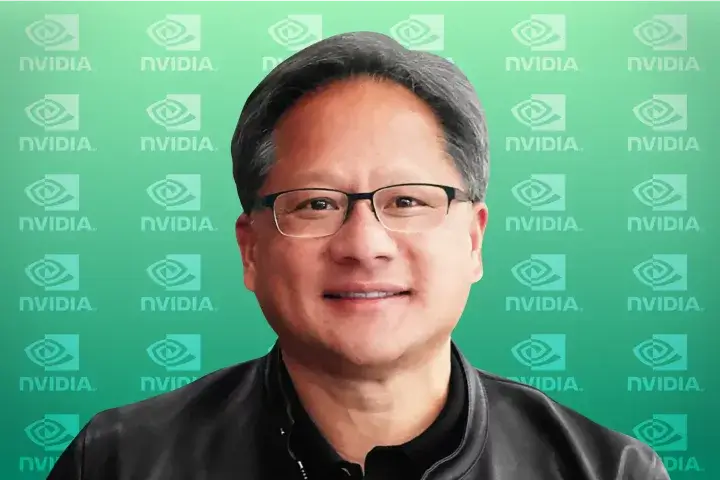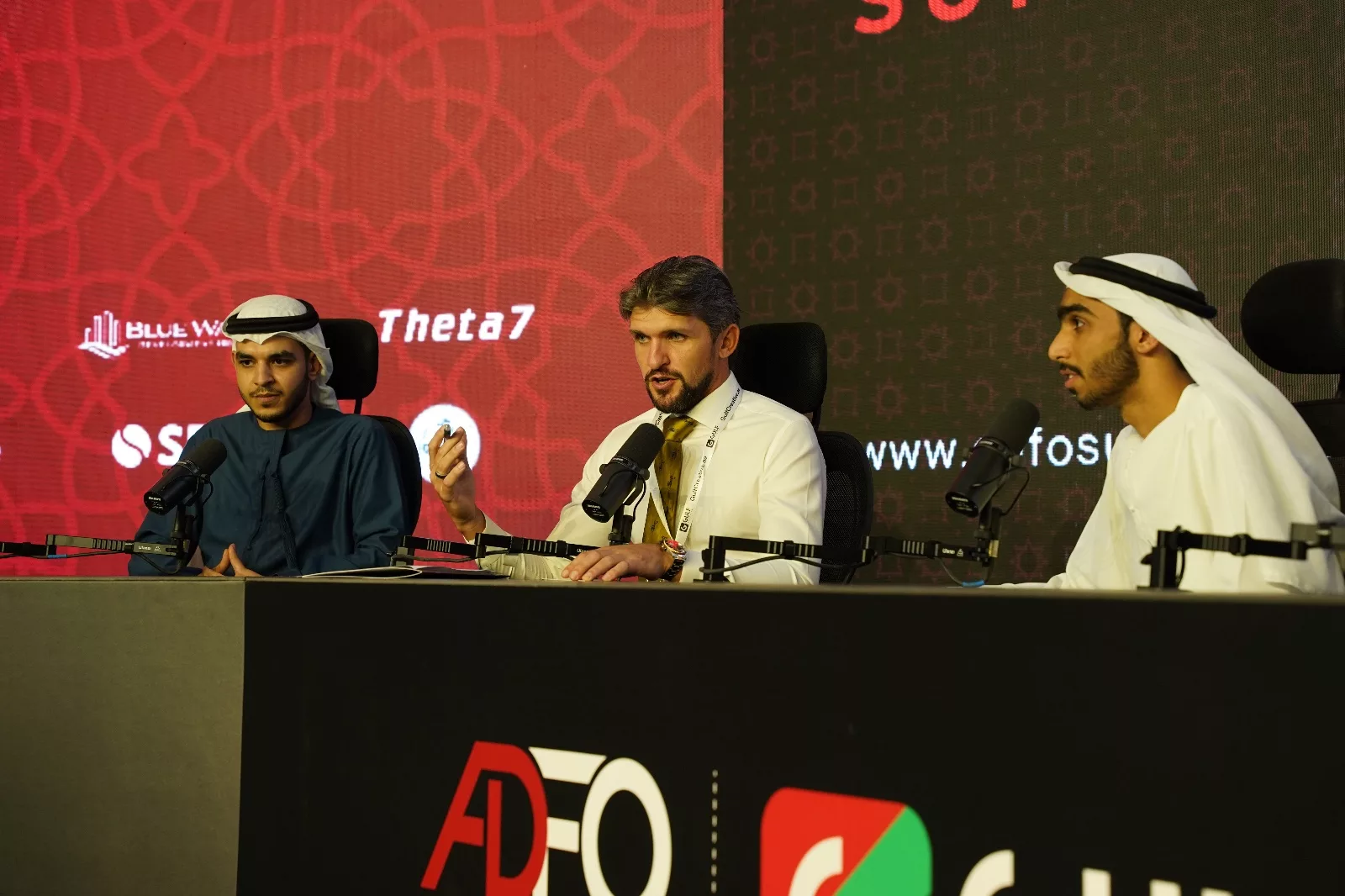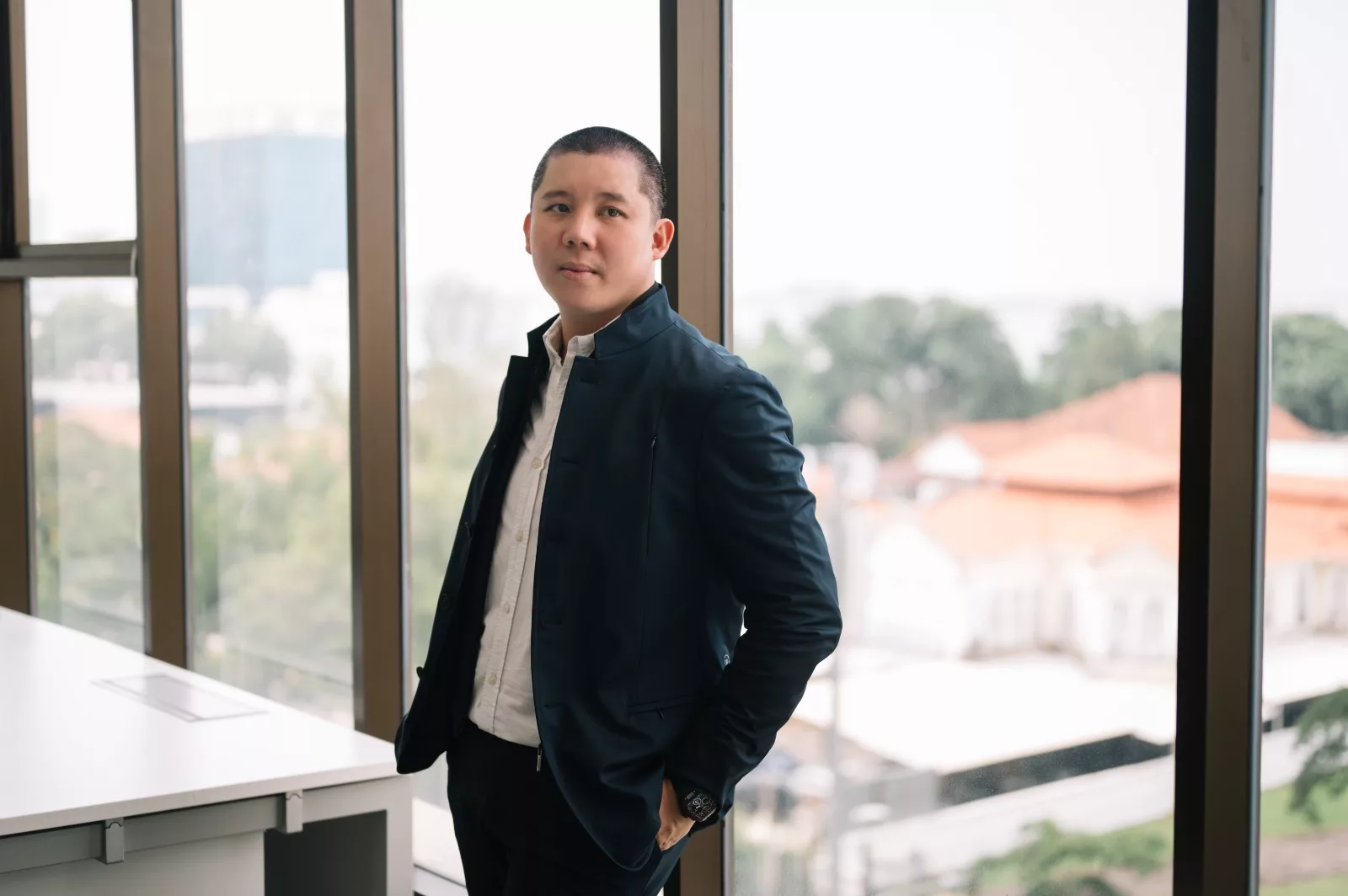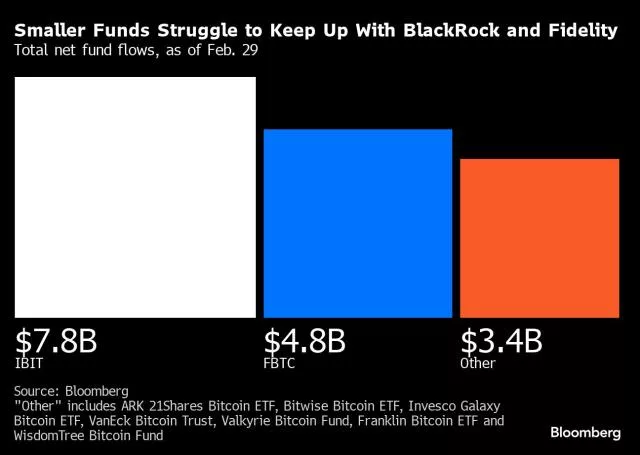Nvidia’s CEO, Jensen Huang, speaking at a Stanford University economic forum on Friday, March 1, projected that artificial general intelligence (AGI) could be a reality within five years, depending on specific benchmarks of achievement. Leading the premier company in artificial intelligence (AI) chip production, crucial for developing platforms such as OpenAI’s ChatGPT, Huang’s insights come at a time when Nvidia’s market value soared to $2 trillion.
Addressing the timeframe for achieving AGI, a milestone Silicon Valley has long aspired to, Huang emphasized the importance of defining the objectives. He suggested that if AGI’s success is measured by its ability to pass a comprehensive array of human tests, the technology could be closer than anticipated. “Give an AI every conceivable test, and I believe in five years, we’ll excel in each one,” Huang stated, pointing out that AI systems are already passing complex exams like the legal bar, though they face challenges in more specialized fields such as gastroenterology.
However, Huang noted that by other standards, the advent of AGI might take longer, mainly due to the ongoing debate among scientists about the intricacies of human cognition. This debate complicates the engineering process, as clear objectives are crucial for development.
In addition to discussing AGI’s timeline, Huang touched on the semiconductor industry’s capacity to support AI’s growth. Contrary to concerns that numerous additional chip manufacturing facilities, or “fabs,” are necessary to meet the expanding needs of AI technologies, Huang argued that advancements in chip performance and AI processing efficiency would mitigate the demand for sheer quantity. “We’re improving the efficiency of computing by a million times over the next decade,” he explained, indicating that while more fabs will indeed be required, the advancements in technology will also play a significant role in sustaining the AI industry’s expansion.
Huang’s comments reflect the dynamic nature of the AI field, where definitions of success and technological requirements are constantly evolving. As Nvidia continues to push the boundaries of AI chip development, Huang’s predictions offer a glimpse into the potential future of artificial general intelligence and its implications for society and industry.










